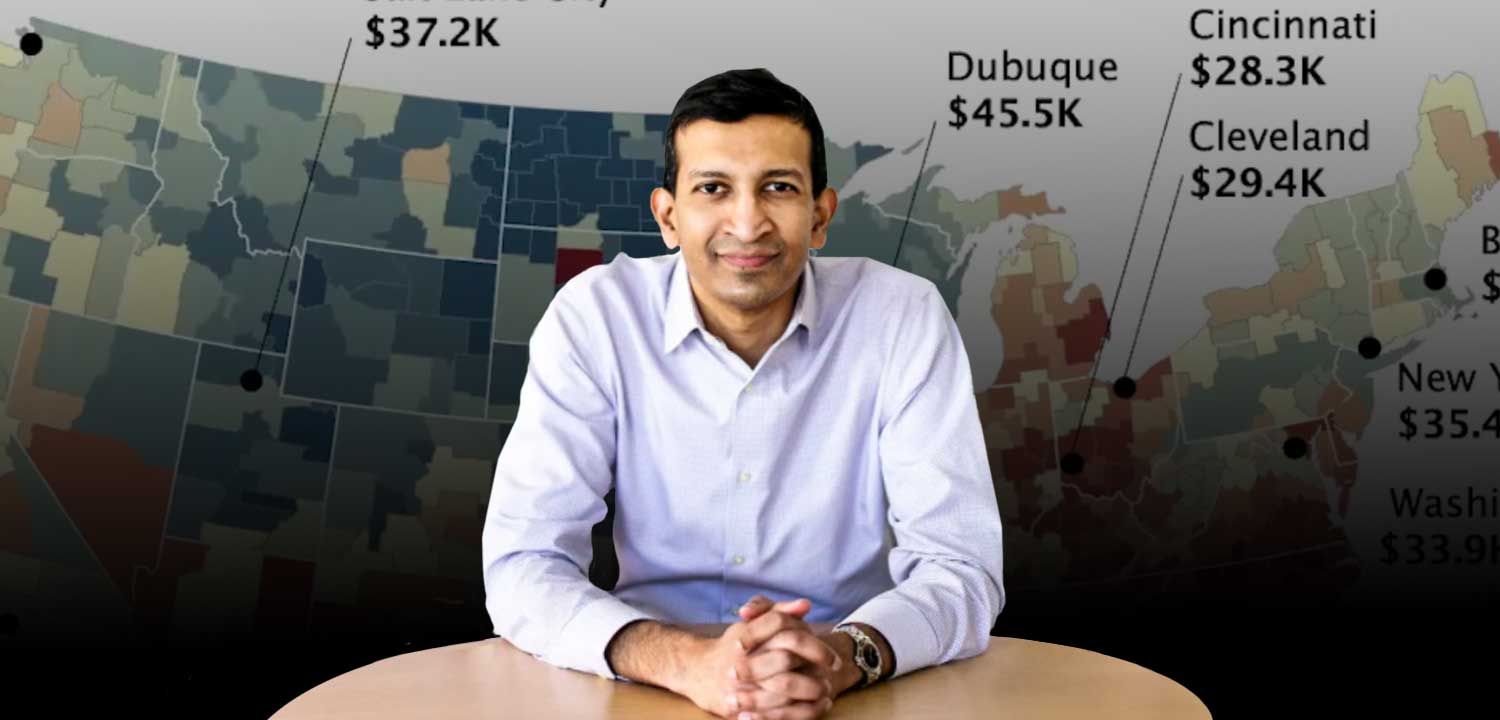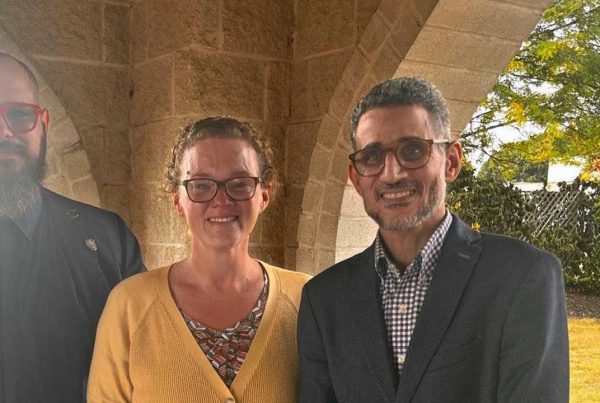Zip Codes and Childhood Destiny: Raj Chetty Comes to Indy to Break it Down
Raj Chetty is known globally as a Harvard University professor and researcher who has revolutionized the understanding of geography and social mobility. But in 1997, he was a new high school graduate with a question: How can I have the greatest impact on the world?
Academically gifted (he was valedictorian at an elite Milwaukee school), he considered pursuing the sciences, like his mother and biomedical-researcher sisters. No doubt, his grasp of research principles and love of data could contribute to the world of medicine. But he felt he could make an even bigger difference in economics, his father’s area of expertise.
It seems he made the right choice. In the decades since that decision, he has become a respected economist studying the factors that contribute to economic mobility. On Sept. 25, Chetty comes to CTS to share his ongoing findings at the Faith & Action Fall Event.
Chetty’s rise to notoriety was quick. Six years after leaving high school, he had earned both a bachelor’s and doctorate degree from Harvard University, where he would go on to become the youngest-ever tenured professor of economics at age 28. And in 2012, he and a colleague issued a groundbreaking study on the significant role geography can play in a child’s economic prospects. In the years since, Chetty has established himself as a leading voice in the use of data as a weapon against poverty.
Combining his expert grasp on statistics with a flair for communicating, Chetty has since captured global attention with his colorful maps and compelling data showing how a range of variables – moving to a better neighborhood at a young age, having access to better schools, connecting with people from other economic groups and more – can change the trajectory of a child’s future.
The connection between geography and destiny has a personal resonance for Chetty. In India, where he was born, a woman from his mother’s community typically would not have gone on to postsecondary education. There was no college nearby, and sending her away to school would have been culturally inappropriate. However, a wealthy local man wanted his daughter to attend college, so he started one, and Chetty’s mother was among the first students. She went on to become a physician and, later, a professor of pediatrics – a profession that allowed her to support her husband as he earned his PhD in economics.
The family moved to America when Raj was nine years old, and he soon recognized for himself the economic impact of geography, seeing the difference between his new life and the lives lived by his cousins who remained in India. “It was evident to me growing up how different our opportunities and experiences were,” Chetty told a writer for the International Monetary Fund in 2018.
Quoted in The Atlantic in 2019 as saying his “big-picture goal is to revive the American dream,” Chetty has become a relentless champion for the power of data related to economic mobility. Opportunity Insights, the Harvard-based nonprofit research initiative he launched, continually issues headline-grabbing studies on the factors that affect children pursuing that American Dream, and Chetty offers insights into the ways communities can leverage that data to move children out of poverty.
Learn for yourself how Chetty’s work could help Indianapolis children and families improve their prospects by attending the Faith & Action Fall Event on September 25 at 4:30 pm at the Schrott Center for the Arts. Admission is free.





